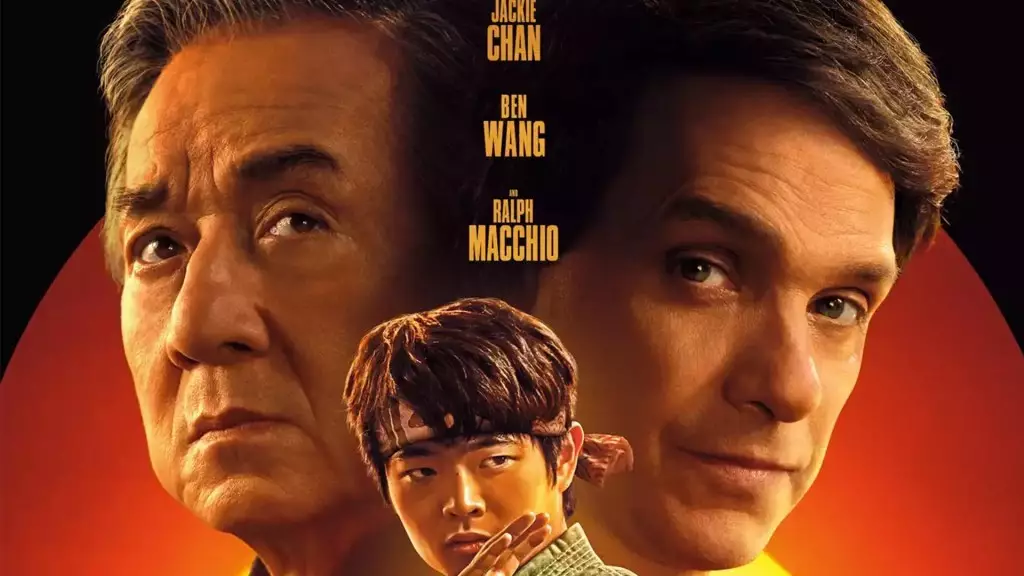The upcoming film “Karate Kid: Legends,” set to release on May 30, brings to the forefront the deeply relatable theme of change and adaptation. Young Li Fong, played by Ben Wang, is a character who epitomizes the struggle faced by many in today’s fast-paced world. Uprooted from Beijing due to a family tragedy, he finds himself amidst the concrete jungle of New York City. This narrative is particularly resonant for a generation grappling with displacement—whether it be for personal, economic, or political reasons. Wang’s portrayal is a poignant reminder that even under adversity, we often must adapt and redefine ourselves.
However, one has to question whether Hollywood is overusing this trope. While change is a natural part of life, the consistent portrayal of the immigrant experience can feel overly dramatized in popular media. Are filmmakers risking emotional authenticity for box office success by sticking to this narrative tradition? The answer is complex. Though the film’s premise can inspire, it also raises the concern that these narratives might be glossing over the more intricate, often painful realities of such transitions.
The Challenge of Individuality in a Collective Culture
One of the film’s core conflicts lies in its exploration of identity—Li Fong’s battle to meld his roots with his present. This collision is not merely a plot device but a commentary on the balancing act many face in multicultural societies. When trouble inevitably finds him, he is thrust into a karate competition that serves as a microcosm of the larger struggle between tradition and assimilation.
The introduction of Daniel LaRusso, the original Karate Kid played by Ralph Macchio, adds a layer of mentorship that can evoke nostalgia among viewers. Yet, one must ask, does this reliance on legacy characters dilute the film’s core message? As LaRusso represents the quintessential American dream, it’s crucial that his role is not just to offer guidance but to serve as a vessel through which the younger generation can carve their individual paths.
Blending Old with New: A Unique Fighting Philosophy
The film intriguingly promises a fusion of Li’s kung fu training with LaRusso’s karate. This blend of fighting styles is embodied by the phrase “Two branches, one tree,” as articulated by Wang. It’s a powerful metaphor for unity and growth, suggesting that we can honor our past while forging new futures. Yet, the implication that such a seamless merge is achievable may be overly simplistic. Real-life cultural synthesis is often fraught with challenges and resistance, raising the risk that the film could downplay these tensions for the sake of a happy ending.
While that is appealing to the general audience, including center-right liberals who often champion the idea of meritocracy, one can argue that the filmmakers should delve deeper into these complexities. The oversimplification could lead audiences to overlook the nuanced realities of creating a multicultural identity—those moments when, at times, the branches can’t quite meet.
Anticipation Amidst Caution
Finally, the cinematic direction taken by Jonathan Entwistle, known for his work on “The End of the F***ing World,” brings a fresh perspective to a well-loved franchise. However, it remains to be seen whether he can maintain the balance between nostalgia and innovation without alienating dedicated fans or diluting the story’s core values.
As audiences flock to see “Karate Kid: Legends,” they will undoubtedly walk away with powerful life lessons rooted in resilience, adaptation, and the pursuit of identity. Yet, it is essential for viewers to approach this film not just as a continuation of a beloved tale but as an invitation to reflect deeper on the struggles that come with change.

